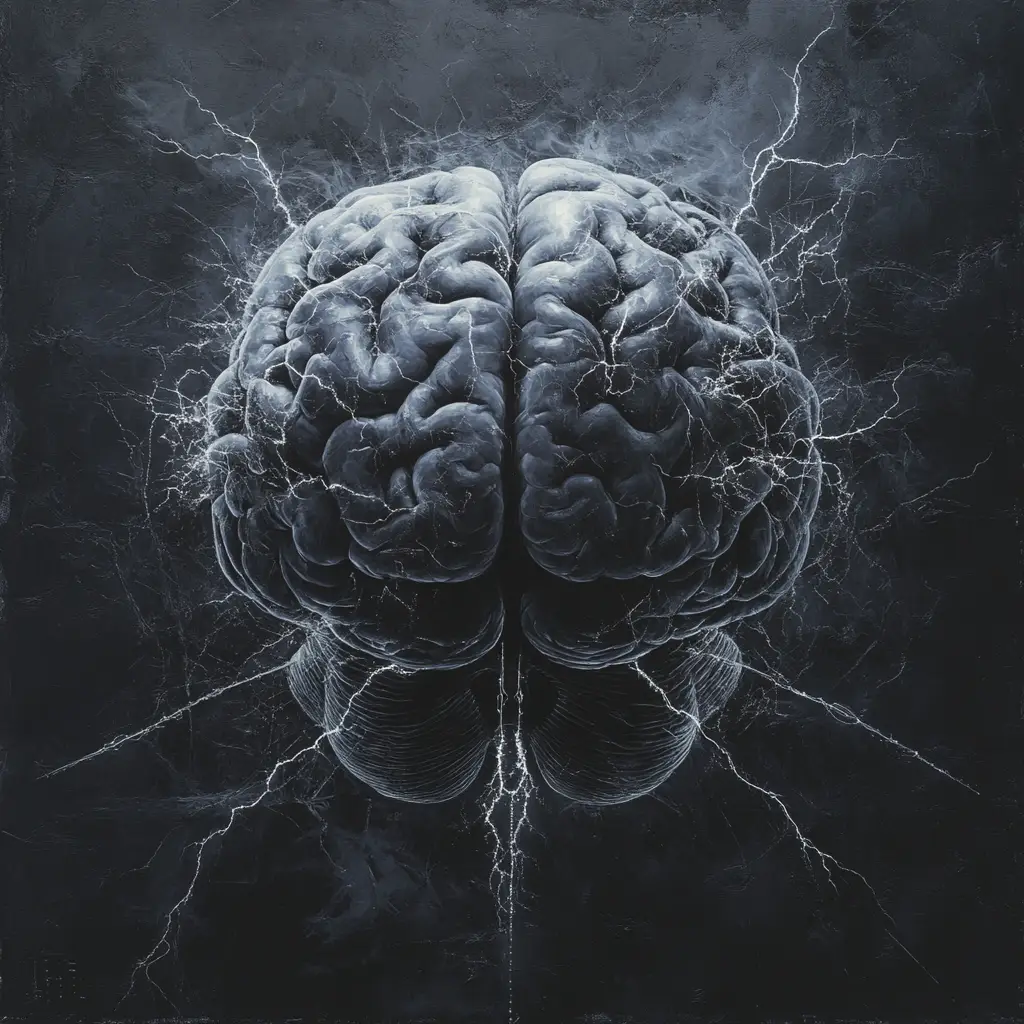Understanding Seizures and Epilepsy: A Comprehensive Guide
Published: September 14, 2024
Author: Dr. Achillefs Ntranos MD

Did you know that epilepsy affects approximately 50 million people worldwide? If you or a loved one are experiencing seizures or have been diagnosed with epilepsy, you're not alone. This comprehensive guide will help you understand the causes, symptoms, diagnosis, and treatment options for seizures and epilepsy, empowering you to take control of your health.
What Are Seizures and Epilepsy?
Seizures are sudden, uncontrolled electrical disturbances in the brain that can cause changes in behavior, movements, feelings, and consciousness. Epilepsy is a neurological disorder characterized by recurrent seizures.
Types of Seizures
Seizures can be broadly categorized into two main types:
- Focal seizures (formerly known as partial seizures)
- Generalized seizures
Focal Seizures
Focal seizures originate in one area of the brain and include:
- Simple partial seizures (focal onset aware seizures)
- Complex partial seizures (focal onset impaired awareness seizures)
Generalized Seizures
Generalized seizures involve both sides of the brain and include:
- Absence seizures
- Tonic-clonic seizures (formerly known as grand mal seizures)
- Atonic seizures
- Myoclonic seizures
Causes of Epilepsy and Seizures
The causes of epilepsy and seizures can vary widely, including:
- Genetic factors
- Head trauma
- Brain tumors
- Stroke
- Infections affecting the brain
- Developmental disorders
In many cases, the exact cause remains unknown.
Symptoms of Seizures
Seizure symptoms can vary depending on the type of seizure and may include:
- Temporary confusion
- Staring spells
- Uncontrollable jerking movements of the arms and legs
- Loss of consciousness or awareness
- Cognitive or emotional symptoms, such as fear, anxiety, or déjà vu
Red Flags for Status Epilepticus
Status epilepticus is a medical emergency characterized by prolonged seizures or multiple seizures without full recovery between episodes. Seek immediate medical attention if:
- A seizure lasts longer than 5 minutes
- Consciousness or normal behavior doesn't return after the seizure ends
- A second seizure occurs soon after the first
- High fever accompanies the seizure
- The person has difficulty breathing or waking up after the seizure
Diagnosis of Epilepsy
Diagnosing epilepsy typically involves:
- Medical history review
- Neurological examination
- Blood tests
- Electroencephalogram (EEG)
- Brain imaging tests (CT or MRI)
Your neurologist may use a combination of these methods to accurately diagnose epilepsy and determine the best course of treatment.
Treatment Options
Treatment for epilepsy aims to control seizures and improve quality of life. Options include:
Medications
Anti-epileptic drugs (AEDs) are the primary treatment for most people with epilepsy. Your neurologist will work with you to find the most effective medication with the fewest side effects.
Surgical Interventions
For some patients who don't respond well to medications, surgery may be an option to remove the area of the brain causing seizures.
Dietary Therapies
Some people, especially children, may benefit from specific diets such as the ketogenic diet.
Neurostimulation Devices
Devices like vagus nerve stimulators or responsive neurostimulation systems can help reduce seizure frequency in some cases.
Living with Epilepsy: Prevention and Management
While not all seizures can be prevented, there are steps you can take to reduce their frequency and severity:
- Take medications as prescribed
- Get enough sleep
- Manage stress
- Avoid known seizure triggers
- Maintain a healthy lifestyle with regular exercise and a balanced diet
Driving with Epilepsy
If you've been asked by the California DMV to complete a medical evaluation regarding your seizure disorder and driving, learn how we help patients with DMV driver evaluations to maintain their independence safely.
Flying with Epilepsy
Pilots with seizure disorders may require an FAA neurological evaluation for medical certification. The FAA has specific requirements for pilots with a history of seizures or epilepsy.
When to Seek Medical Advice
Consult a neurologist if you:
- Experience a seizure for the first time
- Have frequent or worsening seizures despite treatment
- Experience new or changing symptoms
- Are considering pregnancy and have epilepsy
- Receive a DMV request for medical evaluation
Ready To Take The Next Step?
Connect with our neurology expert to discuss your epilepsy symptoms and develop a personalized treatment plan.
Virtual Epilepsy Management
Learn how we manage epilepsy via telehealth — medication adjustments, seizure monitoring, and expert care for California patients.
FAA neurological evaluations
If you are a pilot with epilepsy, you may need an FAA neurological evaluation to maintain your medical certificate.
Living with epilepsy can be challenging, but with proper care and management, many people lead full and active lives. If you're concerned about seizures or epilepsy, don't hesitate to reach out to our neurologist. They can provide personalized care and help you develop a comprehensive treatment plan to control seizures and improve your quality of life.
Remember, you're not alone in this journey. With the right support and treatment, you can take control of your epilepsy and live life to the fullest.
About the Author
Dr. Achillefs Ntranos MD
Board-Certified Neurologist
Achilles Neurology Clinic
Dr. Achillefs Ntranos MD is a board-certified neurologist and MS specialist known for his thorough evaluations and compassionate approach. Originally from Greece, he trained at Johns Hopkins University and Mount Sinai Hospital before founding Achilles Neurology Clinic in Beverly Hills to deliver comprehensive, patient-centered neurological care. He specializes in MS, autoimmune neurology, neuropathy, headaches, and other neurological disorders, blending research-driven insights with personalized treatment plans.